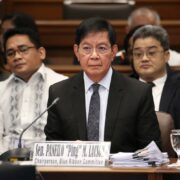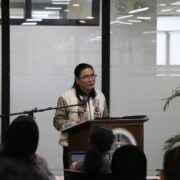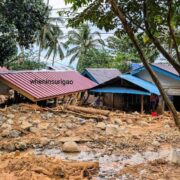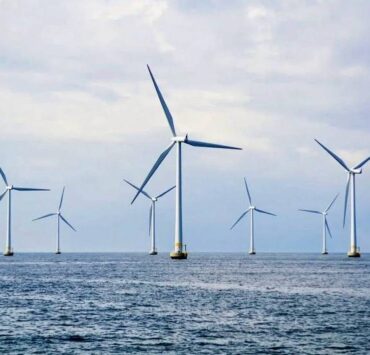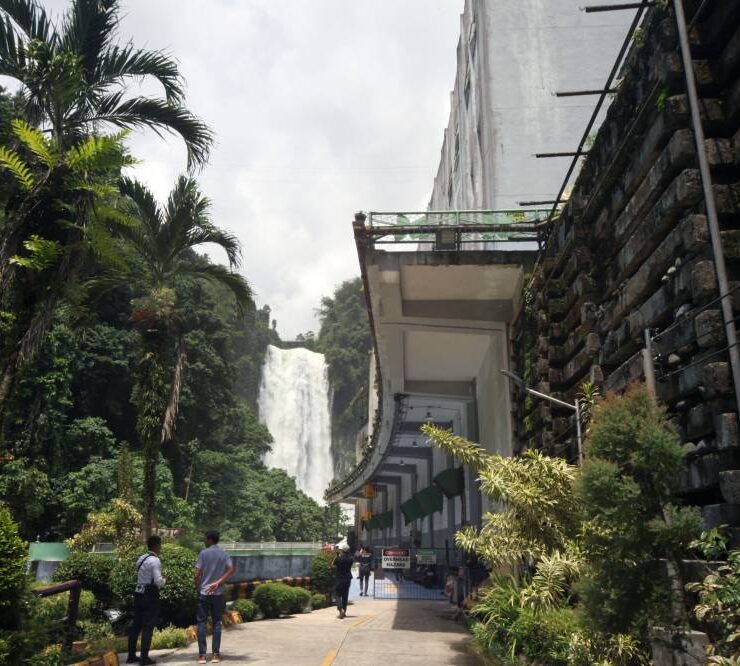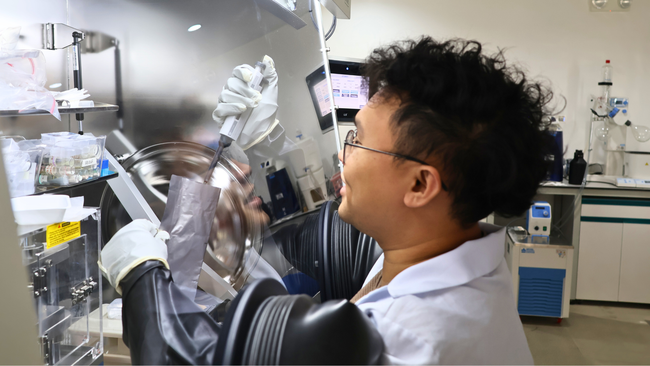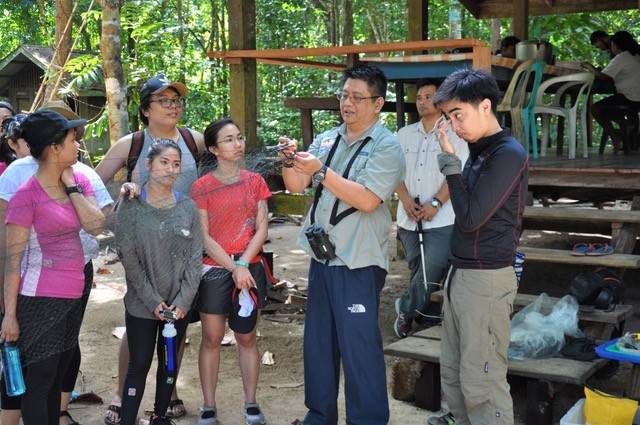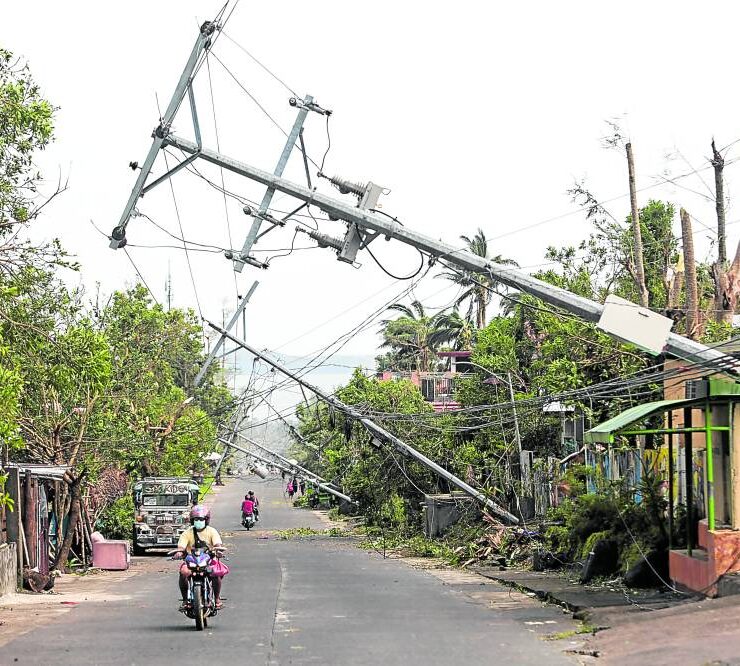Reusing plastic ‘a win for everyone’
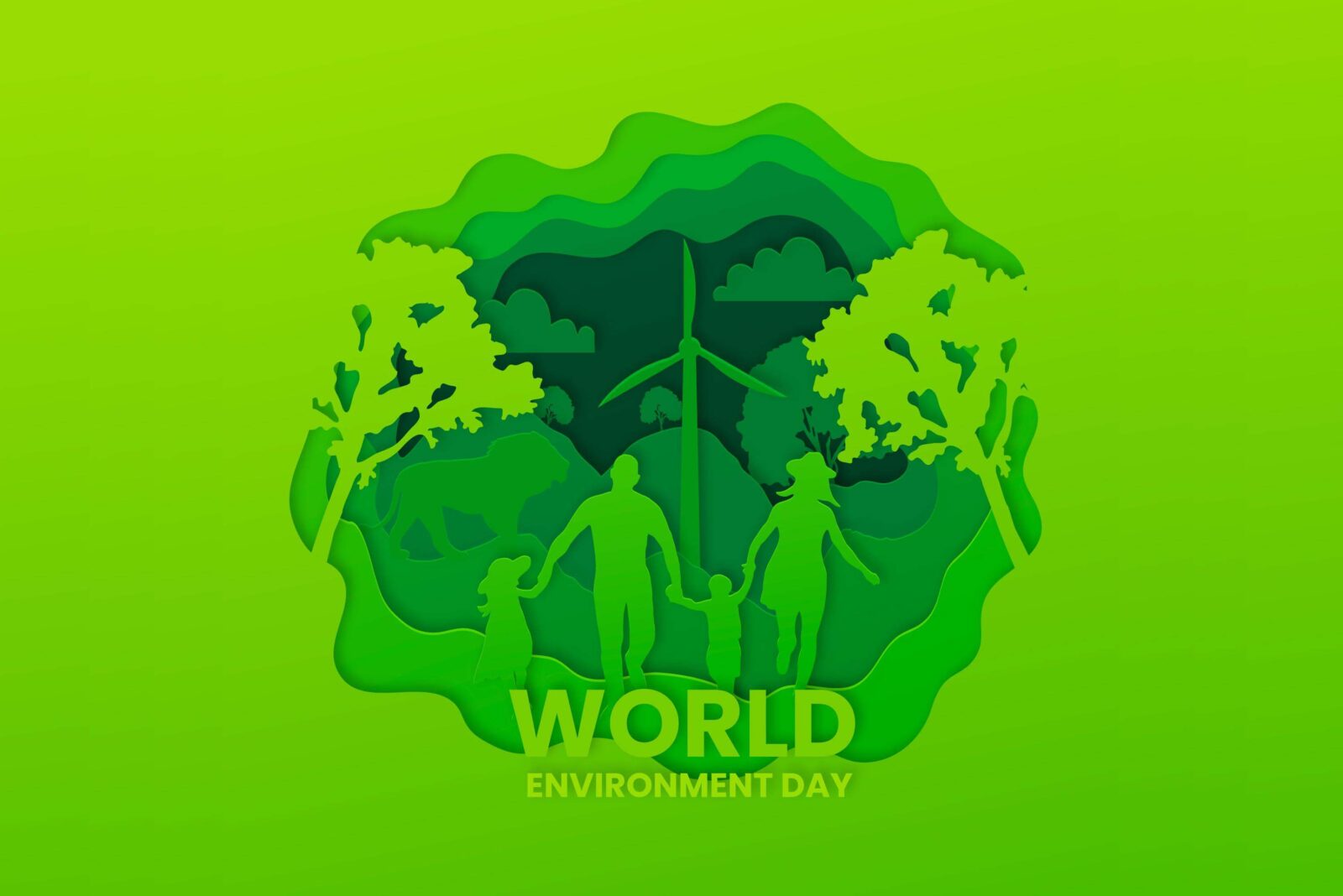
Plastic does not degrade for hundreds, even thousands, of years, so “there is no end of life to plastic, only end of use,” says David Katz, founder and CEO of Vancouver-based social fintech Plastic Bank, which, as described in its website, is “a global bottle deposit program that helps end poverty and stops plastic pollution.”
“The end of life is a misnomer [for plastic]. There’s end of use if we don’t collect it,” Katz told a recent conference with media and stakeholders in Taguig City.
Collecting and reusing plastic has become an urgent, critical undertaking as it helps address the worldwide problem of mounting plastic waste. Plastic Bank, for instance, has collected 162 million kilograms of plastic globally, including more than 35 million from the Philippines alone in the last 11 years.
EPR Act of 2022
Under the Philippines’ Republic Act No. 11898, also known as the Extended Producer Responsibility (EPR) Act of 2022, big businesses, or those with more than P100 million in total assets, are required to come up with their own initiatives or systems that would cut plastic waste or provide sustainable use for it, whether through recycling or upcycling.
This covers plastic classified as “rigid,” including plastic bottles, containers, and chairs; and those deemed “flexible,” such as sachets, plastic bags, and tetra packs.
Even as more than 2,000 private firms are supposed to adhere to the EPR requirements, only around 900 are registered with the Department of Environment and Natural Resources (DENR) at present.
Weak implementation of the law, the absence of a working infrastructure to ramp up plastic recycling, and the government’s lack of support through tax incentives are some of the factors hindering the private sector from complying with their environmental duties, industry experts said.
“When we talk about the EPR regulations, we also have to look into what the companies get out of these. Tax incentives will be included, monetary incentives, and also the incentive of, for example, easy access in terms of collaborating with the communities,” said Kimberly Chen, sustainability advocate and founder of Arcadia Sustainability, a Manila-based platform that helps businesses design their waste management and EPR reporting requirements.
“Are there enough processing facilities? Are there enough facilities for recovery, for upcycling? So the entire infrastructure would also be taken into consideration,” added Chen.
Not feasible
In provinces, for example, plastic waste is left uncollected because it is not feasible—either for small-time collectors or companies—to bring it to recyclers, which are usually based in Metro Manila or in urban centers, according to Rene Guarin, Philippine country manager and vice president for Asia-Pacific of Plastic Bank.
“The reality about plastic is that the farther you go away, the bigger concern is how much will it cost you to bring the plastic to the centers to be recycled,” said Guarin in the same forum. “And what’s happening is that there’s no incentive for anybody to invest in that infrastructure.”
This is where incentives for private sector members who choose to come up with technologies and systems for plastic recycling should come in, he stressed.
Aside from the physical infrastructure, data infrastructure should also be developed to ramp up compliance among companies. Guarin cited Plastic Bank’s collaboration with 23 barangays in Naga City, where the tech firm’s app was able to track the volume of plastic collected, who handled it, and where it went.
This simple system of traceability helps communities, especially those on the front lines of plastic collection, improve the rate of plastic recycling, which remains at a dismal level in the country at only 9 percent, he said. The Philippines aims to offset plastic production by 80 percent of the previous year’s plastic footprint by 2028.
The law requires recycled plastics to be “traceable” from the point of collection, such as junk shops or local government units, up to when it reaches its new life, whether as a more sustainable type or a repurposed version.
For Chris Ilagan, president of the Canadian Chamber of Commerce (CanCham) in the Philippines, “empowering companies” to invest in the systems is key to increasing plastic circularity.
Ilagan noted that CanCham has been pushing for the government to incentivize enterprise action in compliance with the EPR as it would “mobilize capital” for recycling infrastructure and material recovery facilities and the upgrading of waste management systems.
For one, businesses that develop or design packaging that come from recycled material or is reusable should be accorded tax rebates to fast-track EPR goals, especially in making recycled or sustainable packaging the norm.
“In many cases, sustainable packaging materials are not yet produced locally. Allowing the duty-free importation of recyclable or reusable packaging and the raw materials to produce them will support early adopters and reduce the cost of circular compliance,” said Ilagan.
“This also fosters knowledge transfer and spurs local manufacturing in the long term,” he added.
‘Cash for trash’
Companies that engage at the grassroots level should also be given credit, with initiatives such as “cash for trash” and consumer education campaigns greatly impacting communities.
There are fiscal incentives for companies and micro, small, and medium enterprises with plastic recycling programs, but applying for them remains a challenge due to bureaucratic red tape, lamented Ilagan. He called for a more streamlined process through “green lanes” exclusively designated for EPR-related investments.
“The faster companies can deploy capital, the sooner we see impact in making EPR work,” he said.
While the backdrop for plastic reuse remains far from perfect in the Philippines, Katz is hopeful that the country is taking the right steps toward addressing plastic pollution.
“The great part about being in a business that’s focused on prosperity is, we continue to work on creating prosperity for everybody. What might it be like if our customers win, the brand wins, the poor win, the environment wins, the ocean wins, and the consumers win by being engaged? Plastic Bank also wins. What a remarkable opportunity. What if every transaction that ever occurred brought prosperity to humanity? That’s the work. That’s the invitation,” he said.




